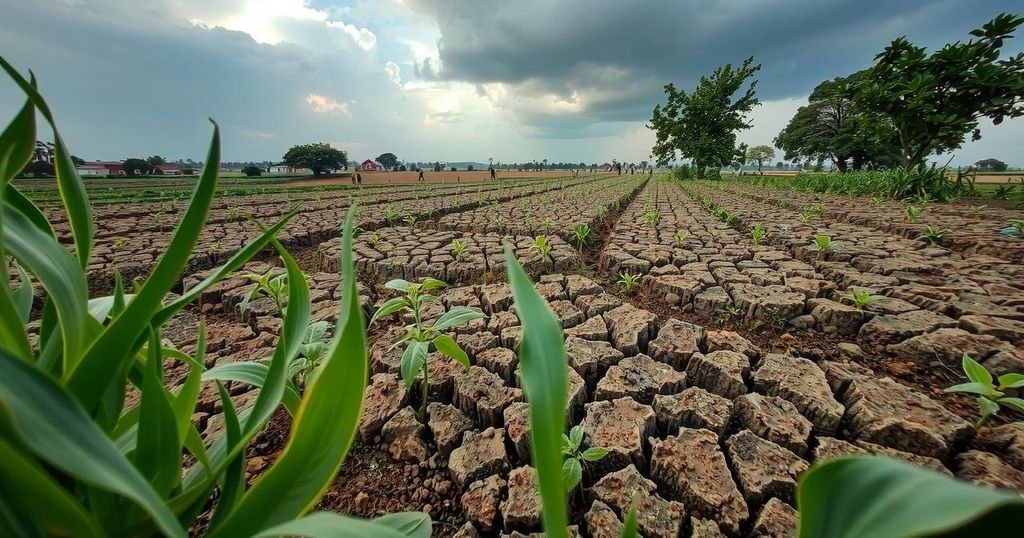Innovative Farming: Zimbabwean Farmers Turn to Maggots for Sustainability

Farmers in southeastern Zimbabwe are increasingly adopting maggot farming to combat the effects of drought and high feed costs. Initially met with skepticism, this practice reduces poultry feed expenses while converting waste into a valuable protein source. The shift reflects a broader trend in sustainable agriculture, helping communities thrive despite environmental challenges.
In southeastern Zimbabwe, farmers like Mari Choumumba have turned to maggot farming as a solution to the challenges posed by drought and rising feed costs following the devastation of their corn crops. Initially met with skepticism and fear, this innovative practice has allowed them to cultivate the black soldier fly larvae as a sustainable source of protein for livestock feed. This method not only reduces feed costs by approximately 40%, but also helps manage food waste effectively, transforming a potential health threat into a profitable agricultural endeavor. As more farmers recognize the benefits and practicality of maggot farming, its adoption has increased, showcasing a shift in agricultural practices in response to climate change and economic pressures. Choumumba’s success story exemplifies how necessity can drive innovation, leading to a revitalization of farming in regions grappling with environmental hardships.
The farming of black soldier fly maggots provides a promising response to the challenges faced by many farmers in Zimbabwe due to climate change and extreme weather conditions. Traditional crops, such as corn, have been severely impacted by persistent droughts, prompting the need for alternative income sources. Maggot farming diminishes reliance on costly imported poultry feed while also integrating waste management into agricultural practices. By converting organic waste into protein-rich feed, farmers can not only improve their livelihoods but also help reduce the environmental impact associated with food waste. Such sustainable practices have gained traction with the involvement of organizations like USAID and various local government initiatives.
The transition to maggot farming represents a significant advancement in agricultural practices in Zimbabwe, particularly in the face of adversities such as drought and escalating feed prices. As the process continues to gain acceptance, it has the potential to uplift many farming communities, contributing to food security and economic resilience. Farmers like Mari Choumumba illustrate the transformative power of innovation driven by necessity, fostering a more sustainable and economically viable agricultural framework in the region.
Original Source: apnews.com







